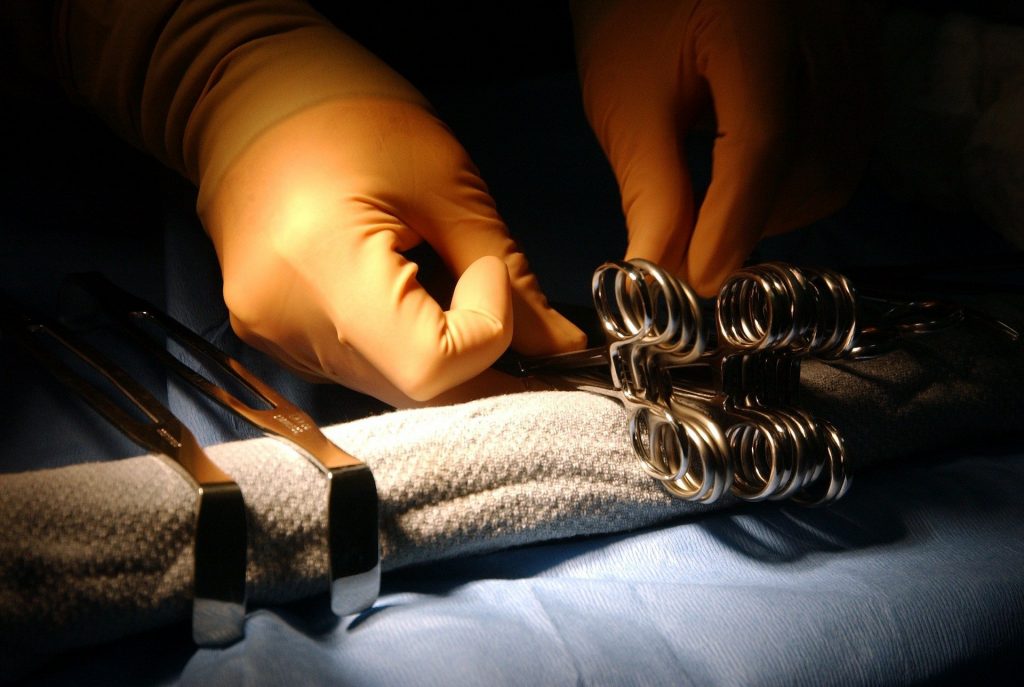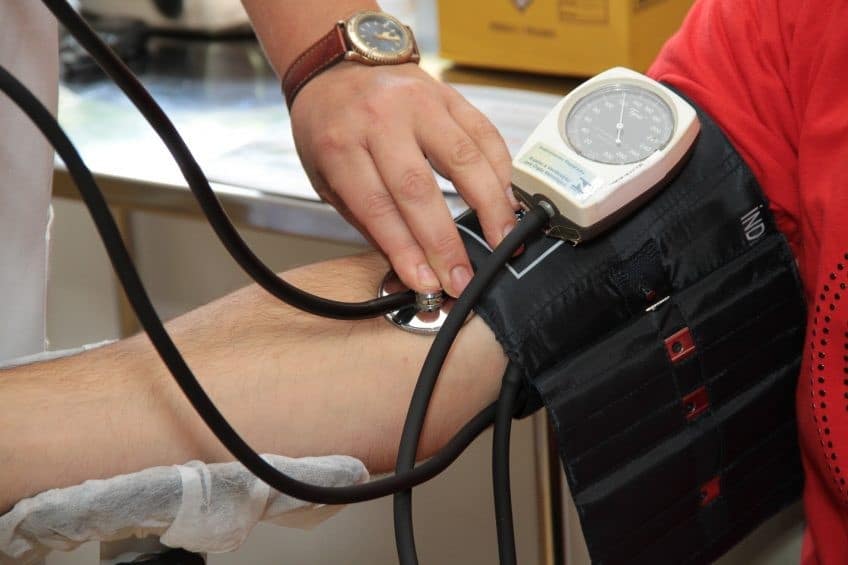Neurosurgeon Gets Life In Prison For Botched Surgeries
Medical MalpracticeThe sentence is LIFE in prison for surgeon Christopher Duntsch. @NBCDFW #NBCDFWNow pic.twitter.com/Klfcq88Vft
— Ken Kalthoff (@KenKalthoffNBC5) February 20, 2017
Christopher Duntsch, a neurosurgeon, was charged with aggravated assault and received a life sentence after several patients received unexplainable complications following back and spine surgeries. Four patients became permanently and severely crippled while two other patients died as a result of botched spinal surgeries.
Egregious Medical Conduct
News reports indicate that other surgeons found implants placed in muscle instead of bone, a screw drilled into a spinal cavity, and a nerve root that had been intentionally amputated on one patient. Other patients complained of severe puncture wounds following neck surgery and bone removed from areas that did not require removal for any justifiable medical or anatomical reason.
An email from 2011 written by the doctor is reported to have said that he was ready to become a cold blooded killer.
The Hippocratic Oath – “First Do No Harm”
The time honored tradition in medicine of the Hippocratic oath (named after Hippocrates, the father of western medicine) essentially states that a doctor shall “do no harm” to the patient. Many people may not realize that professionals, such as neurosurgeons, generally have very little oversight as they are highly trained and trusted individuals. Likewise, during surgery, the surgeon is truly the “captain of the ship” and all of the support personnel listen and respect the orders of the “captain.” The conduct exhibited in this case is extreme as the overwhelming majority of medical professionals have dedicated their life’s work to medicine and they genuinely revere it.
Could The Hospital Have Stopped This Guy Sooner?
Under the circumstances, the question has to be asked whether the hospital could have and should have stopped this doctor sooner if proper risk management procedures had been in place. While it does not appear that there is anything in the doctor’s past that should have prevented him from gaining hospital privileges, the medical films upon discharge after surgery along with the complaints received from patients should have been a wake up call to the hospital that something was indeed going wrong.
When there is a complaint from a patient of a serious complication arising from a surgery, hospital risk management should require peer reviews of the work done by the allegedly offending surgeon to determine whether the procedures were done appropriately as well as to determine whether the patients were in fact appropriate surgical candidates. Peer reviews of the films after a patient complaint of serious and debilitating pain should have discovered things like the screw going into the spinal cord and implants in muscle tissue as opposed to bone.
These things should have alerted a properly functioning risk management department that a closer look at medical quality and outcomes is needed. For example, the discovery of a screw into the space of the spinal cord should have been seen by a department chief or department head of neurosurgery and it should have been known that there can be no medical justification for doing something like that, even by mistake.
Claim Against Hospital For Negligent Hiring And Retention
In Florida, a hospital has a duty to be diligent in hiring new physicians as well as in retaining employment relationships with physicians. By keeping physicians on staff whose medical care clearly fell below the standard of care (and was in fact criminal in this instance), the hospital breached its duty to the patient to provide qualified and properly credentialed physicians. Every hospital must make records and report a “sentinel event” which is an unexpected event with a bad outcome. With Dr. Duntsch, the radiology findings upon discharge or post-surgery should have been an indication that the procedures were done incorrectly or possibly with criminal intent. While highly unusual, a properly set up medical review committee of peers should be adequate to prevent a course of events as occurred in this case.
Talk To A Lakeland Medical Malpractice Lawyer About What Happened With Your Medical Treatment
If you feel that the medical care that you received was negligent or fell below the generally accepted standard of care, you should contact a Lakeland medical malpractice attorney to discuss what happened and whether you might have a case. An appointment with a medical malpractice attorney is free to discuss your case.


